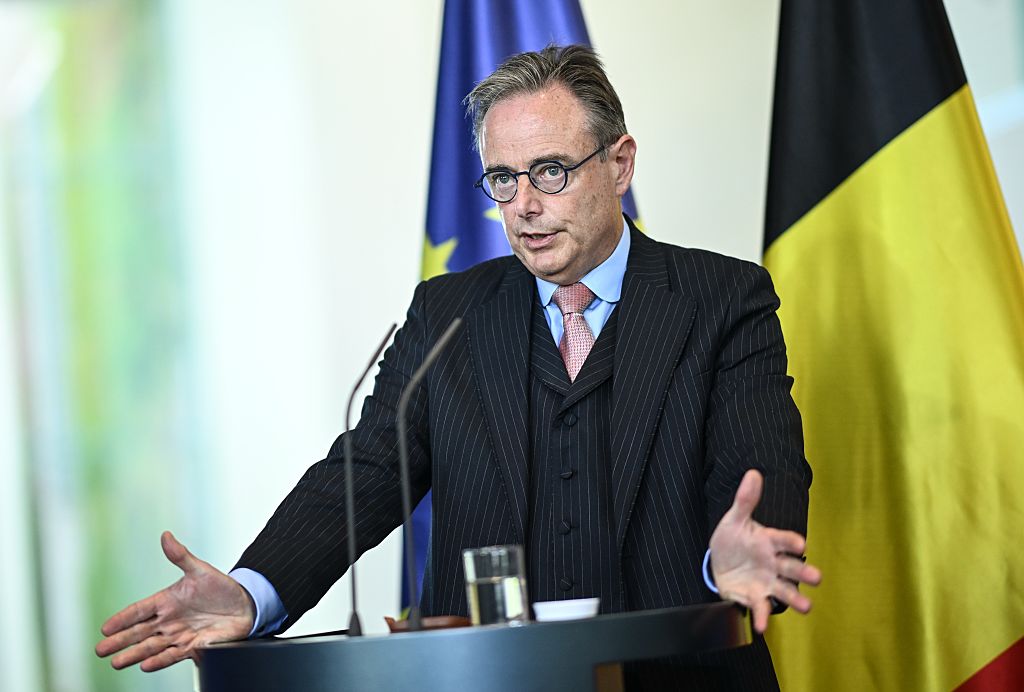Belgium’s prime minister has poured cold water on the European Commission’s proposal to use immobilised Russian central bank assets to fund a ‘reparation loan’ to Ukraine.
The move throws a giant wrench in the EU executive’s plan to use the cash balances associated with €200 billion in frozen assets to support Kyiv’s budget needs and reconstruction.
Most of the assets are held in Euroclear, a Brussels-based clearing house – making Belgium a key player in EU negotiations.
“Taking Putin’s money and leaving the risks with [Belgium]. That’s not going to happen, let me be very clear about that,” Prime Minister Bart De Wever on the sidelines of the UN General Assembly meeting in New York.
“If countries see that central bank money can disappear if European politicians see fit, they might decide to withdraw their reserves from the eurozone,” he added.
The comments came after German Chancellor Friedrich Merz backed the Commission’s plan in an op-ed published on the Financial Times on Thursday.
“I am advocating the mobilisation of financial resources on a scale that will secure Ukraine’s military resilience for several years,” Merz wrote.
In a thinly veiled barb at his German counterpart, De Wever called on fellow EU leaders to “talk and come up with something, rather than sharing an opinion every day”.
“I find that quite frustrating,” he added.
A Belgian official later clarified that Belgium is not categorically ruling out the Commission’s plan, but rather wants to see significantly more details before potentially agreeing. “We always look at the Commission’s proposals in a constructive and vigilant way,” the official said.
A Commission spokesperson said they don’t comment on comments, but that the EU executive is working hard on preparing the proposal.
EU diplomats will discuss the Commission’s plan at a meeting in Brussels later on Friday.
